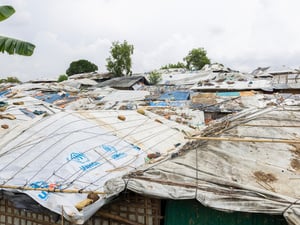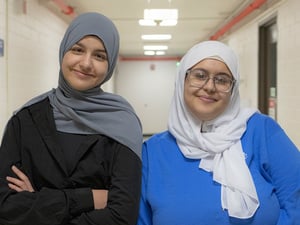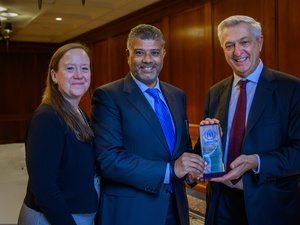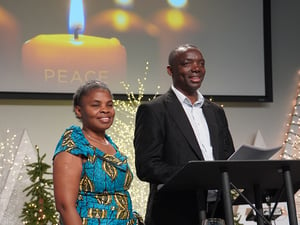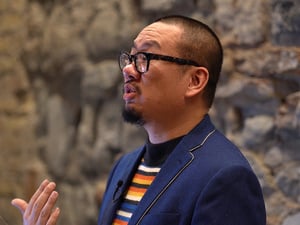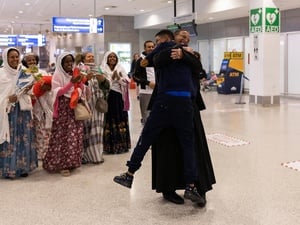Once stateless, UNHCR humanitarian worker helps empower stateless people in Dominican Republic
Once stateless, UNHCR humanitarian worker helps empower stateless people in Dominican Republic

Pamela Jose Vincente, currently an assistant protection officer at UNHCR and a former stateless person.
In 2007, when she was 17 years old, Pamela Jose Vincente wondered for the first time if it would be more complicated for her than for her classmates to obtain identity documents.
When she went to the civil registry office to obtain an identity card, her application was rejected. “At the office, they didn’t know how to give me an answer as to what was going on with my documents. They just told me that they were not going to give me an identity card or certificates for school purposes. Nothing,” she said. Pamela felt helpless, with many unanswered questions.
In the Dominican Republic, the Central Electoral Board is the primary institution responsible for issuing identity documents such as birth certificates and ID cards, which are both indispensable for almost any civil activity. For example, studying, working, obtaining health insurance, getting birth certificates, getting married, and having a bank account.
Pamela’s school was constantly pressuring her to obtain a certificate that would allow her to continue attending classes, but without the ability to do produce identity documents Pamela was afraid her teachers would pull her out of class in front of her friends. Her situation increasingly affected her self-esteem and so eventually she stopped going to school.
“My life was at a standstill for almost nine years,” she said. “In that time, I could have finished high school and college."
Born and raised in the province of Bayaguana, Pamela began to research solutions and it was then that she realized she was not alone. In fact, thousands of people in the Dominican Republic were experiencing the same situation. This is what inspired her to join various movements fighting for the rights of Dominicans who are of Haitian descent residing in the Dominican Republic. She became a community organizer in Bayaguana and Monte Plata.
“When I asked why or what I could do to solve the problem at the civil registry, they told me they didn’t know. I had to wait to see what would happen.” Yet Pamela was determined to find a solution.
In 2014, Law 169-14 was passed, a multi-party congressional agreement to mitigate the impact of ruling 168-13, issued by the Dominican Republic's Constitutional Court a year earlier. This law divided the people who could apply into two groups: group A, for descendants of non-resident foreign parents, born in the national territory between 1929 and 2007, and registered in the Dominican civil registry books; and group B, for descendants of foreign parents in an irregular situation, born in the Dominican Republic and who were not registered in the civil registry.
Due to this law, Pamela was finally able to obtain her identity documents at the end of 2015. When she received her ID, her first thought was “I finally exist. Now I am somebody. And the first thing I did was something as simple as going to buy a phone chip in my name.”
Pamela went on to study international relations and started her career working for the International Organization for Migration. There she worked on the collection of information of descendants of the migrant population born in the Dominican Republic who had not been able to access the naturalization plan established by the State through law 169-14.
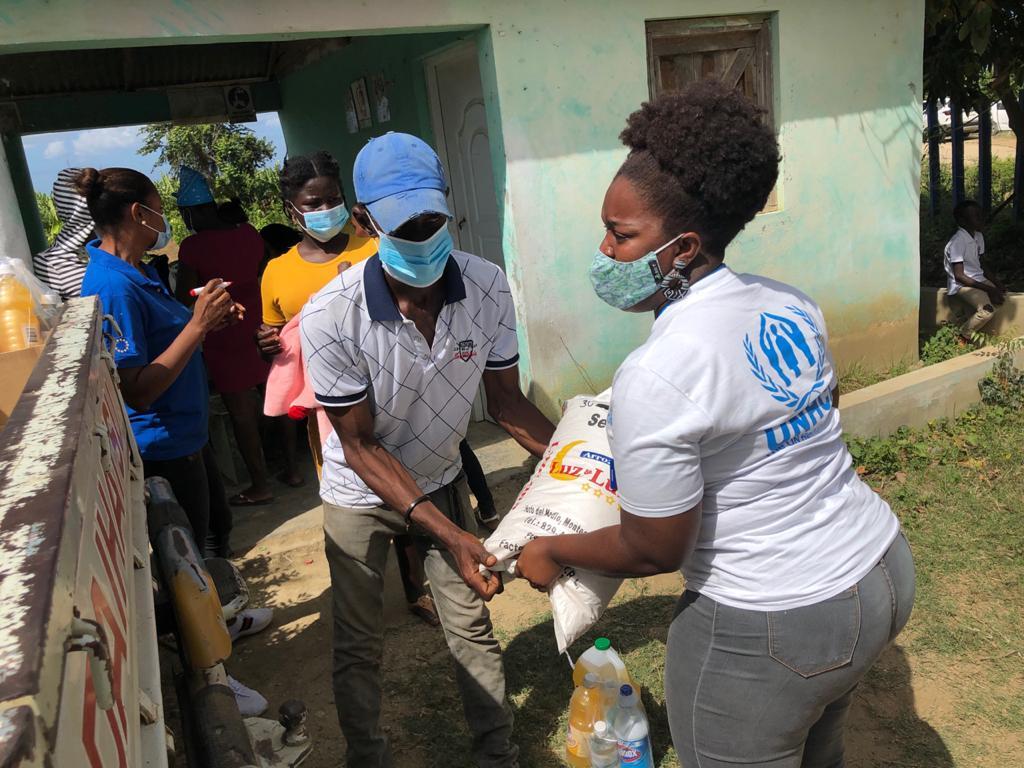
Pamela delivering food kits to families in need in the Dominican Republic.
Currently, she works at UNHCR, where she serves as a protection assistant, monitoring the border, identifying beneficiaries of Law 169-14 and other people affected by the 168-13 ruling. Additionally, she advocates for the rights and protection of Dominican people in search of a solution to their civil status.
“Being part of the United Nations means resilience. It means achievement because I worked very hard for it. Even though I had difficulties with the confirmation of my Dominican nationality, I did not stop,” she said. “For me, it’s a great achievement that I went from being affected by the 168-13 ruling, to being part of the team that seeks to find solutions for people like me.”
When asked what her advice is to those that find themselves are in similar situations, she responded, “Empower yourself, don't be afraid to stand up for your rights, ask questions and demand explanations, everyone has the right to an identity".


